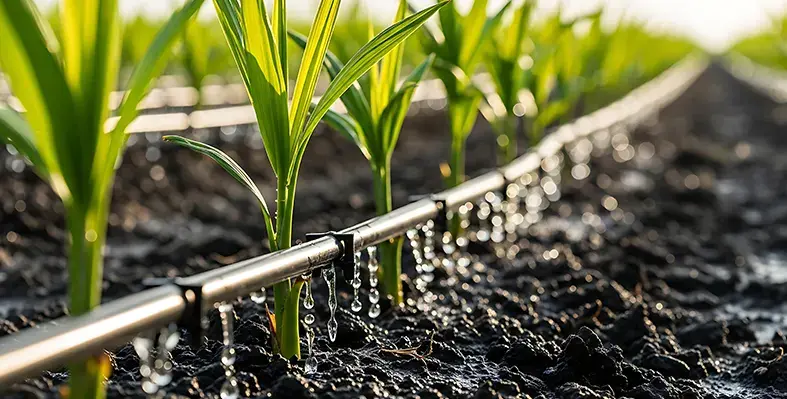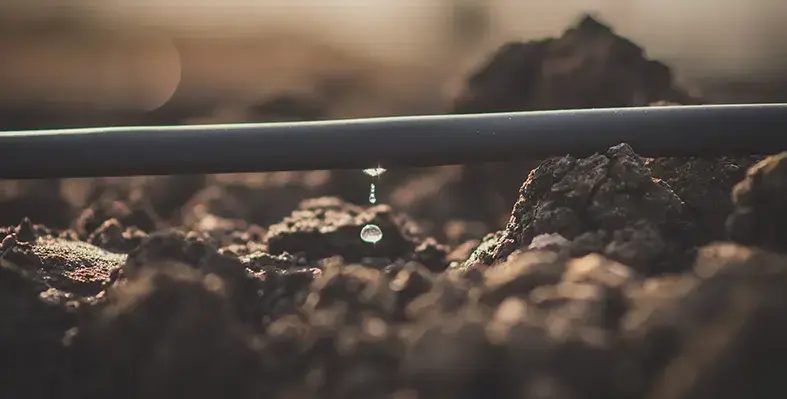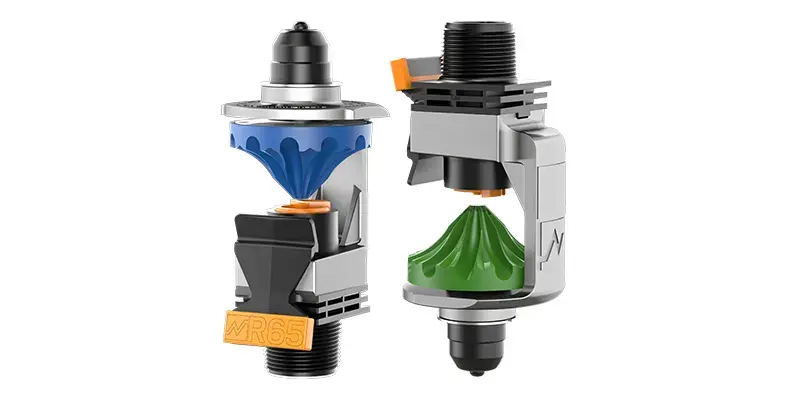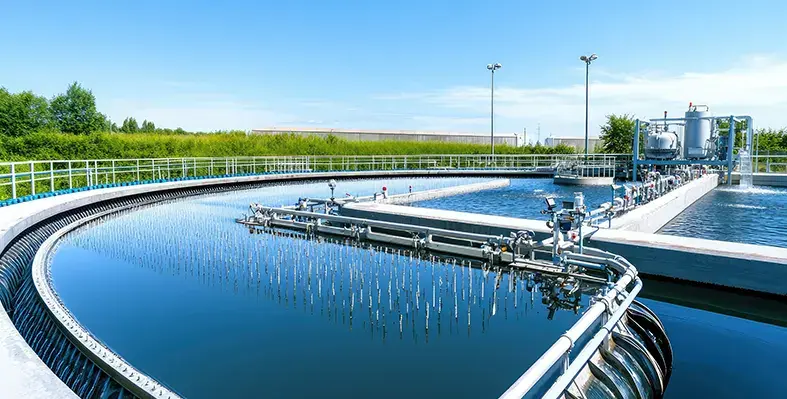In the world of African agriculture, few things are as vital and as overlooked as water
Not just for drinking, but for growing, irrigating, and sustaining life from soil to supper. In Sierra Leone, where farming still feeds most households, one partnership is quietly rewriting that story, drop by drop.
Enter So Pure, a local enterprise with a bold ambition: deliver clean, affordable drinking water across the country, while laying the groundwork for better agricultural resilience. But this isn’t just about hydration this is about farming futures. And now, with the support of capital lender Zvilo, So Pure is scaling its operations in ways that directly impact the agricultural landscape.
So Pure operates a fully integrated water value chain - purifying, packaging, and distributing safe drinking water through sachets and 20-litre bottles to over 500,000 Sierra Leoneans. While that may sound like a public health story, farmers know better: water security underpins crop planning, livestock health, and rural labour productivity.
Since 2019, So Pure has also been running a waste recovery facility collecting and recycling plastic sachets and packaging. This creates a circular economy that benefits not only the environment but also supports rural livelihoods. And with Zvilo stepping in to provide working capital, So Pure can now localise its packaging production, reduce reliance on imports, and stabilise supply chains—an urgent win for agricultural communities constantly disrupted by external shocks.
Scaling up to 10–12 million litres per month isn’t just a business milestone—it’s a watershed moment for farmers who rely on predictable water access, even if indirectly. And this impact grows with So Pure’s network of over 500 vendors and agents, many of whom are located in farming communities.
The initiative also aligns with Sierra Leone’s national 10-year WASH programme, “Securing Water, Enabling Dignity, and Advancing Development,” which targets 90% coverage by 2035. Farmers are at the heart of this goal because without clean water, there is no food security.
Support from development finance institutions like British International Investment, FMO, and Proparco, along with Ecobank’s risk-sharing facility, underscores how strategic finance can nurture grassroots change. As part of BII’s CARE for Water initiative, the project also ties into broader climate adaptation goals vital for African farms facing erratic weather and drought.
As So Pure and Zvilo push the boundaries of what clean water access can mean, they’re not just serving consumers - they’re fuelling the continent’s oldest profession with its most essential resource.









